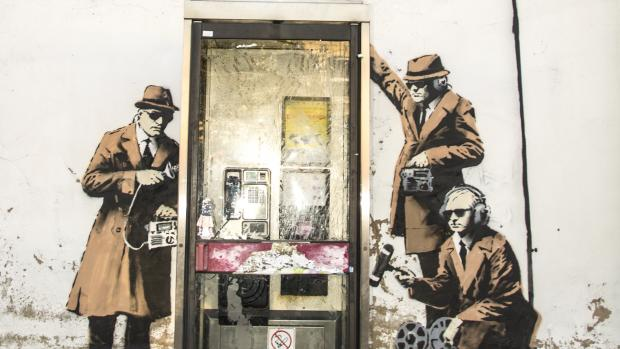Russian Telecoms Unable to Record Calls Due to Lack of Certified Equipment
According to the “Yarovaya Law,” starting July 1, 2018, telecom operators, internet services, messengers, and other information distributors in Russia are required to begin recording and storing the calls and text messages of Russian users. However, operators have encountered a major problem: they cannot comply with the law due to the absence of certified equipment.
The newspaper Kommersant attempted to find a list of certified equipment suitable for fulfilling Russia’s anti-terrorism laws. It turned out that, at present, no such equipment exists. “Currently, there are no certificates of conformity for technical means of storing voice information for operational investigative activities in the communications certification system,” the press service of Rossvyaz officially reported on July 2, 2018.
Operators could theoretically use uncertified equipment to comply with the law, but this would expose them to administrative penalties, as noted in a letter from the Ministry of Communications to the Association of Telephone Operators (AOTS). As a result, the recording of phone calls and text messages of all Russians is postponed at least until the end of 2018.
Unclear Certification Process
The Association of Telephone Operators sent a letter to the Ministry of Communications requesting clarification on what equipment can be used to comply with the law. The Ministry responded that seven companies could potentially manufacture such equipment:
- Norsi-Trans
- Citadel
- TechArgos Special Systems
- Special Technologies (renamed Orion)
- MFI Soft
- Signatek
- Osnova Lab
However, the Ministry could not specify which of these companies had completed certification, referring the question to Rossvyaz, whose answer (quoted above) confirmed that none have been certified yet.
The certification process is complicated. Only one organization—the Testing Center for Certification and Metrology of the Central Research Institute of Communications—is accredited to test the equipment, but it cannot issue certificates. As a result, the certification process is expected to drag on until the end of the year. After certification, additional time will be needed to ramp up production, install the equipment in data centers, test everything, and finally launch the recording systems.
Legal and Financial Uncertainty
Telecom operators’ legal teams hope that the Ministry of Communications will not penalize operators for non-compliance with the Yarovaya Law until certification is complete, as it would be illogical to do so in the absence of certified equipment.
Kommersant notes that a similar paradox occurred in 2014, when the Ministry of Communications and the FSB required internet providers to record user traffic for 12 hours in a “circular buffer.” However, the certification methodology was not immediately available, so operators delayed installing the necessary equipment.
Experts believe that the Ministry of Communications will soon ask the Ministry of Justice to cancel, as of January 1, 2019, the requirement to store user traffic for 12 hours in a circular buffer. Companies have already spent hundreds of millions of rubles on equipment that will now become obsolete, and new storage systems will need to be purchased.
Without certified equipment, operators cannot even accurately estimate the cost of complying with the law, making it impossible to budget for these expenses or calculate necessary rate increases for subscribers. Preliminary estimates suggest that MTS will spend 60 billion rubles over the next five years, MegaFon 35–40 billion, and VimpelCom 45 billion. These amounts may change depending on the final equipment configuration and requirements set by regulators.
“No one knows yet in what form the government will require market participants to implement the law’s requirements. It’s one thing if a phased approach is adopted over, say, three years. It’s a completely different scenario if full compliance is required within just a few months,” says Olga Sokolova, CEO of Linxdatacenter Russia.
Current Status
As of now, the Yarovaya Law’s requirement for mass recording of all voice and text traffic is not being enforced. Operators are only testing these systems with partners who hope to achieve certification soon. The strictness of the law is offset by the lack of obligation to comply—at least for now.



